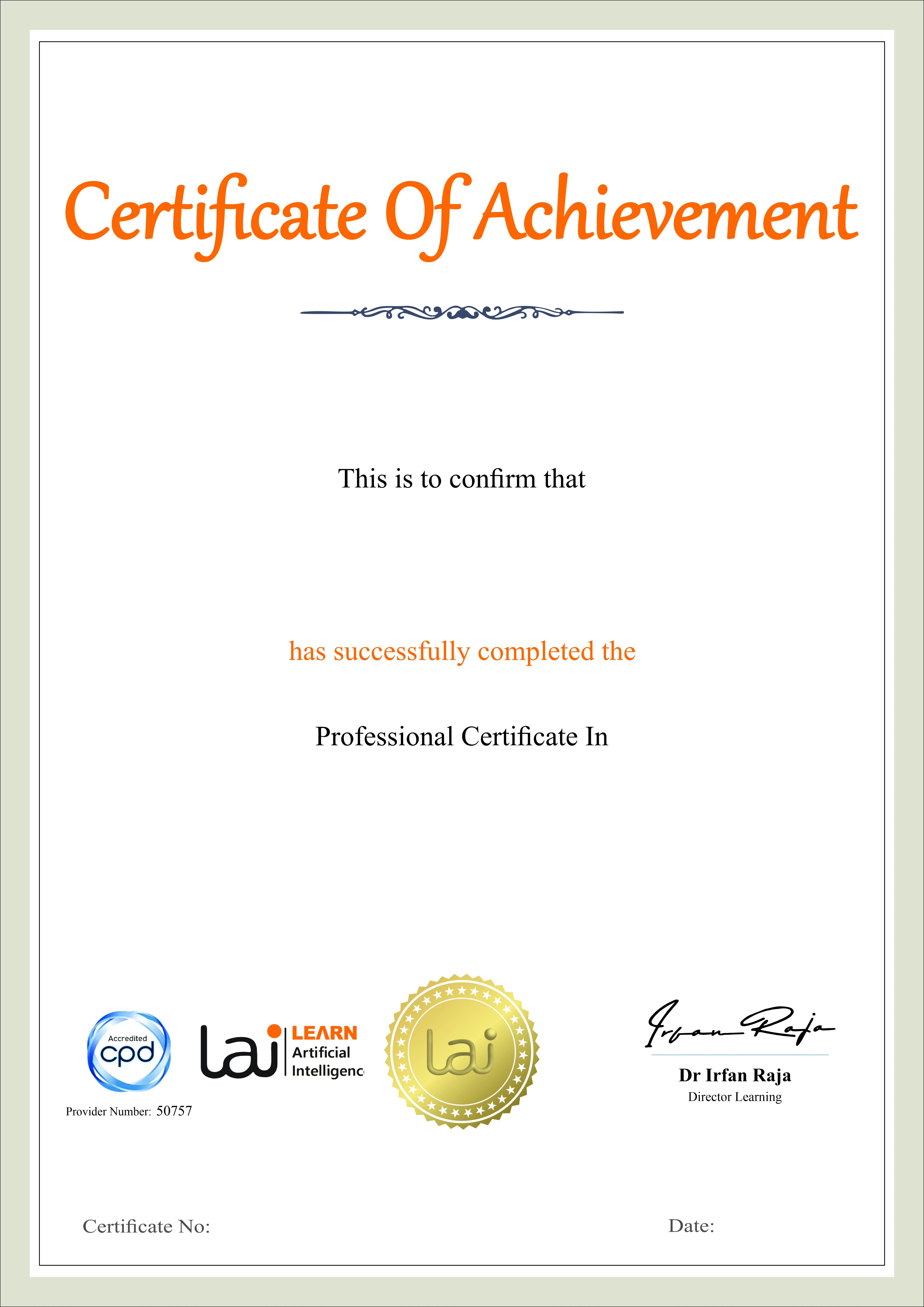The Ethics in Accounting course explores the essential principles, values, and frameworks that guide ethical behaviour in the accounting profession.
Ethics in Accounting
The Ethics in Accounting course explores the essential principles, values, and frameworks that guide ethical behaviour in the accounting profession. As financial transparency and integrity grow increasingly critical in today’s data-driven world, accountants must be equipped with the ethical awareness needed to navigate complex dilemmas and make sound decisions.
This course provides a comprehensive look into professional standards, duty ethics, conflicts of interest, fraud prevention, and the future of ethics in accounting. It also investigates how corporate governance, taxation, and emerging technologies influence ethical responsibilities. Through case studies and real-world examples, learners will gain the skills to maintain professional independence and uphold public trust.
Whether you're beginning your career in accounting or seeking to strengthen your understanding of ethical conduct, this course offers vital insights for maintaining accountability in a globalized financial landscape.
This course is designed for aspiring and practicing accountants, finance professionals, auditors, and business ethics enthusiasts who want to deepen their understanding of ethical responsibilities in financial reporting and decision-making. It is also suitable for students studying accounting or finance and professionals preparing for CPA or ACCA exams. No prior experience is required—just a keen interest in ethics and a desire to uphold integrity in accounting practices.
Understand the foundational principles of ethics in accounting.
Identify and apply professional ethical standards and guidelines.
Evaluate conflicts of interest and ensure independence in accounting tasks.
Recognize and prevent fraudulent behaviour using ethical frameworks.
Analyse duty ethics and their role in accounting decisions.
Make ethical decisions in tax-related scenarios.
Understand the impact of technology and data privacy on ethical accounting practices.
Apply corporate governance principles to ensure ethical oversight.
Explore future trends and the evolving role of ethics in the accounting profession.
-
Examine the importance of ethical behaviour in accounting, including historical context, foundational concepts, and the relevance of duty ethics.
-
Explore professional codes of conduct such as those set by IFAC, AICPA, and other global standards.
-
Learn how to identify conflicts of interest and apply strategies to maintain independence and objectivity.
-
Understand how ethical awareness can prevent fraud and unethical manipulation of financial data.
-
Evaluate the ethical challenges in tax planning, compliance, and transparency.
-
Apply practical ethical frameworks to navigate complex scenarios with professionalism.
-
Explore how governance structures promote accountability and ethical financial management.
-
Assess the ethical implications of automation, AI, and data privacy in modern accounting.
-
Discuss future trends, global regulations, and the evolving role of ethics in a digitally transforming industry.
Earn a Professional Certificate
Earn a certificate of completion issued by Learn Artificial Intelligence (LAI), accredited by the CPD Standards Office and recognised for supporting personal and professional development.

Key Aspects of Course

CPD Accredited
Earn CPD points to enhance your profile

Free Course
This course is free to study

Self-Paced
No time limits or deadlines

Flexible & 24/7 Access
Learn anytime, anywhere

Build In-Demand Skills
Get job ready

Updated AI Skills
Stay current with AI advancement

Global Learning
Accessible Worldwide

Premium Materials
High-quality resources

Employer Approved
Boost your career prospects




